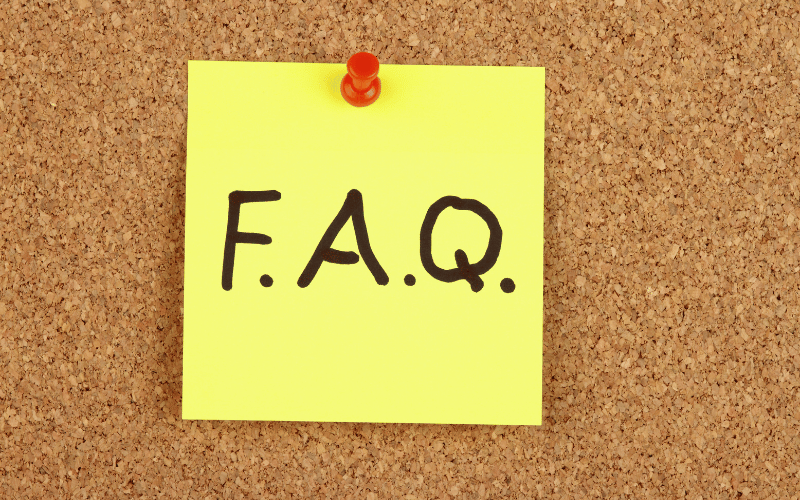Frequently Asked Questions: Understanding Gallstones and Your Health

What are the most common symptoms of gallstones?
Gallstones can be asymptomatic, but when symptoms do occur, they commonly include abdominal pain, particularly in the upper right side or middle of the abdomen, which can range from mild to severe. Other symptoms might include nausea, vomiting, dark urine, clay-colored stools, and jaundice (yellowing of the skin and eyes). The severity and type of symptoms can vary based on the size and location of the gallstone.
Can I prevent gallstones through my diet?
Yes, diet plays a significant role in the prevention of gallstones. Adopting a balanced diet rich in fiber, fruits, vegetables, and whole grains while reducing the intake of saturated fats and cholesterol can help in maintaining a healthy gallbladder. Additionally, maintaining a healthy weight and avoiding rapid weight loss are crucial prevention strategies.
Is surgery the only option for treating gallstones?
While surgery is a common treatment for gallstones, especially in cases of complications or recurrent gallbladder attacks, there are non-surgical options available as well. Medications can be used to dissolve certain types of gallstones, and procedures like Extracorporeal Shock Wave Lithotripsy (ESWL) can break down stones without surgery. The best treatment option depends on the size, type, and number of gallstones, as well as the patient’s overall health.
Are there any long-term complications associated with gallstones?
If left untreated, gallstones can lead to complications such as cholecystitis (inflammation of the gallbladder), pancreatitis (inflammation of the pancreas), and gallbladder cancer. In severe cases, gallstones can cause a blockage in the bile duct, leading to a life-threatening infection. Early detection and appropriate management of gallstones can help prevent these complications.
Can gallstones recur after treatment?
Yes, gallstones can recur after treatment, particularly if the underlying conditions that contributed to their formation are not addressed. After gallbladder removal surgery (cholecystectomy), gallstones cannot recur in the gallbladder as it has been removed, but stones can still form in the bile ducts. Adopting preventive measures such as a healthy diet, regular physical activity, and maintaining a healthy weight can reduce the risk of recurrence.
Conclusion: Summing Up the Gallstone Journey
Navigating the complex world of gallstones is no small feat, but armed with the right knowledge and proactive strategies, individuals can manage and even prevent this condition effectively. From understanding what gallstones are made of, identifying high-risk groups, recognizing the variety of symptoms, and exploring the available treatment options, every aspect plays a crucial role in comprehensive gallstone management. It’s imperative to acknowledge the significant impact that lifestyle choices, diet, and proactive healthcare play in both the prevention and management of gallstones. As research continues to unveil new insights and innovative treatments, staying informed and engaged in one’s health journey is more important than ever.
Ultimately, gallstones are a prevalent condition, but they don’t have to dictate the quality of one’s life. With the right preventive measures, a solid support system, and access to quality healthcare, individuals can navigate this condition successfully, minimizing its impact on their daily lives. By fostering resilience, adopting healthy lifestyle choices, and maintaining a proactive approach to health, the journey with gallstones can be managed effectively, paving the way for a healthier, more vibrant life.